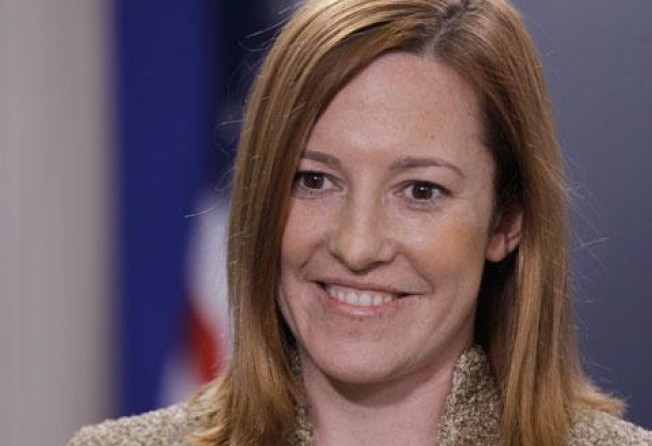US to promote human rights during meeting with China

The United States said on Friday that it would seek improvements in China’s human rights record, including its treatment of ethnic minorities, during talks next week in the Asian nation.
The United States and China will hold an annual dialogue on human rights Tuesday and Wednesday in the southern city of Kunming, with the US delegation also visiting Beijing, the State Department said.
“The promotion of human rights remains a key tenet of US foreign policy, including toward China, and we are committed to continuing candid and in-depth discussion with the Chinese government on this issue,” State Department spokeswoman Jen Psaki said in a statement.
She said the US side planned to discuss issues including China’s treatment of ethnic minorities, freedom of religion and labour rights.
The two nations started the annual human rights dialogue in the wake of China’s 1989 clampdown on demonstrations in Tiananmen Square, although Beijing refused talks from 2002 to 2008 out of anger at US criticism.
Human rights advocates, while generally supportive of holding the dialogue, have been disappointed with the results and warn that China can use the talks to separate rights concerns from the rest of its relationship with Washington.
The date of the rights talks was set during the main annual dialogue between China and the United States on July 10-11.
At the close of the so-called Strategic and Economic Dialogue in Washington, the United States voiced concern over China’s treatment of its Tibetan and Uighur minorities.
More than 120 Tibetans have torched themselves since 2009 to protest what they see as China’s harsh rule, while the Xinjiang region has seen frequent tension between Uighurs and China’s majority Han population.
The heads of the US Commission on International Religious Freedom, a government advisory board, recently called on the United States to also raise the treatment of the Falungong, a spiritual movement that China has strictly banned since 1999.
“We know more about Tibetan Buddhists and unregistered Christian groups or pro-democracy and free speech advocates such as Liu Xiaobo and Ai Weiwei,” the commission’s chairwoman, Katrina Lantos Swett, and vice chairwoman, Mary Ann Glendon, wrote in a recent opinion piece for CNN.
“When it comes to the Falungong, theirs has been a hidden persecution that has gone on in plain sight for too long,” they wrote.